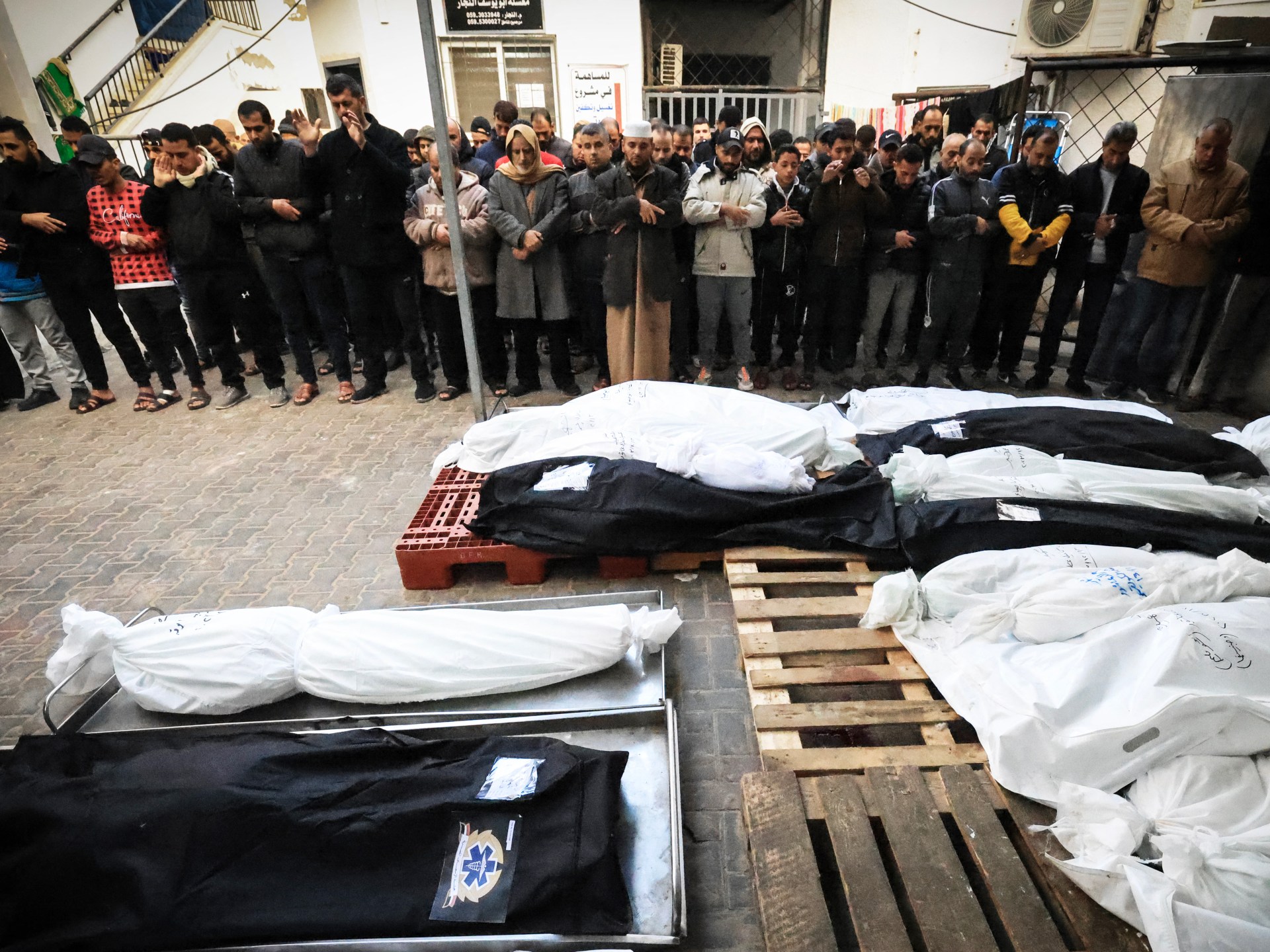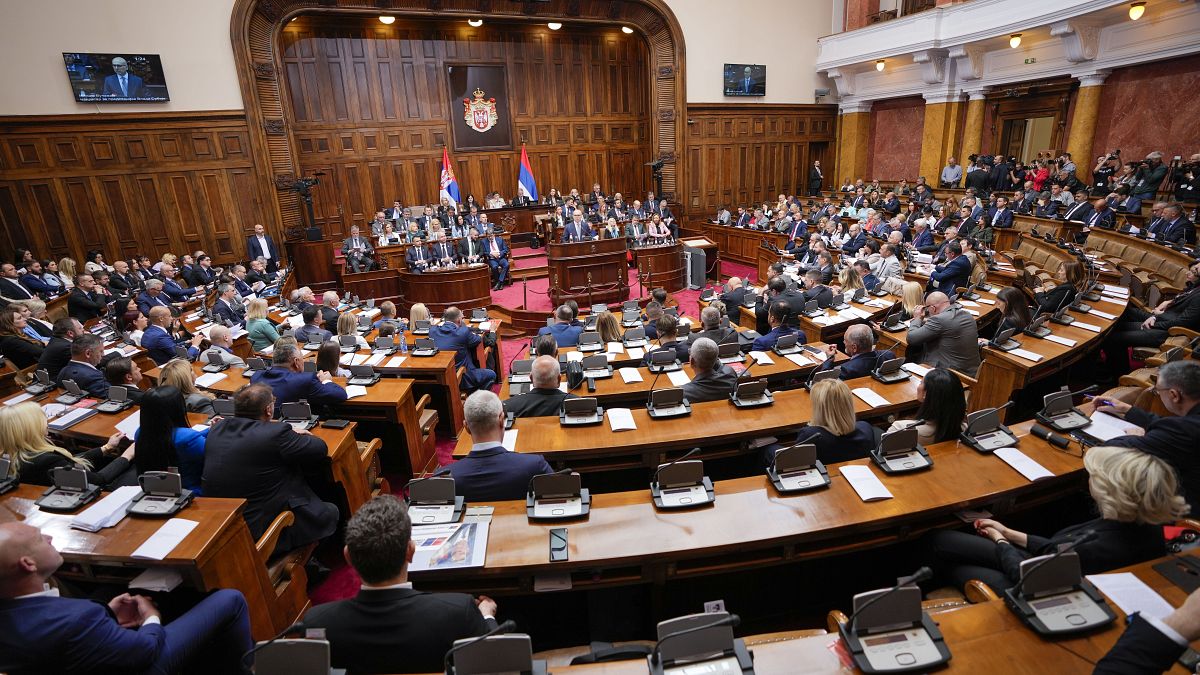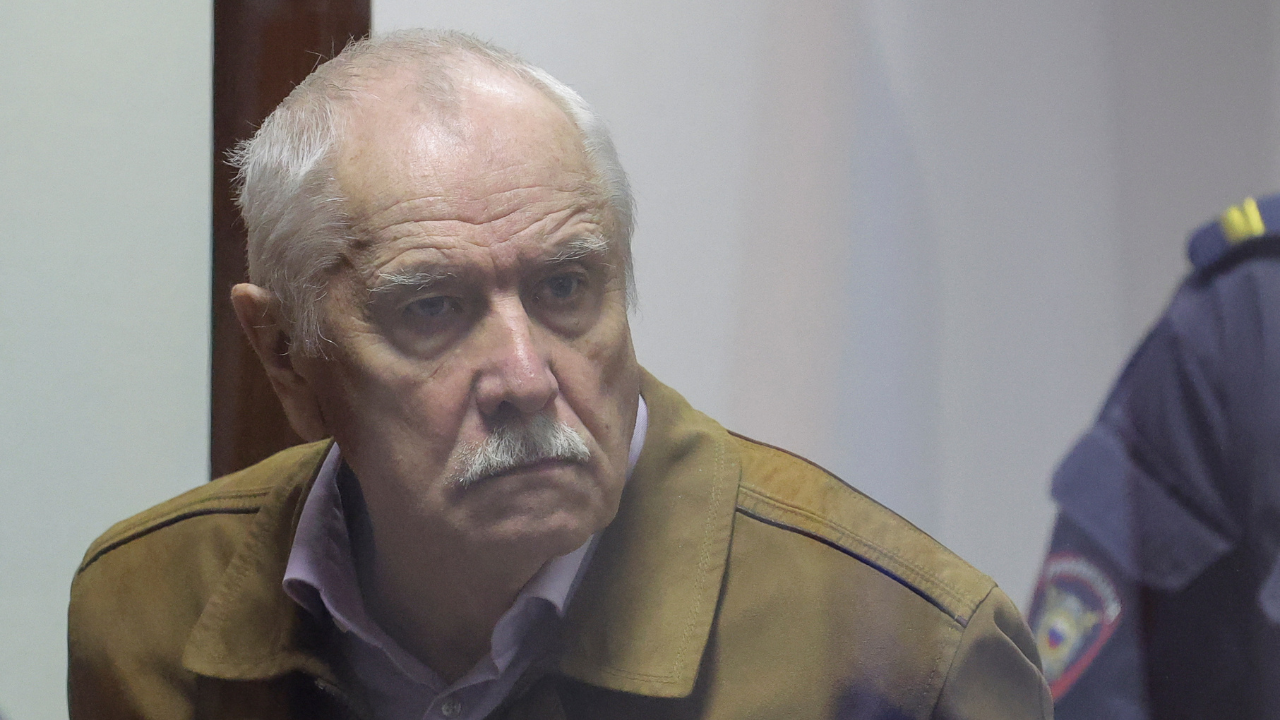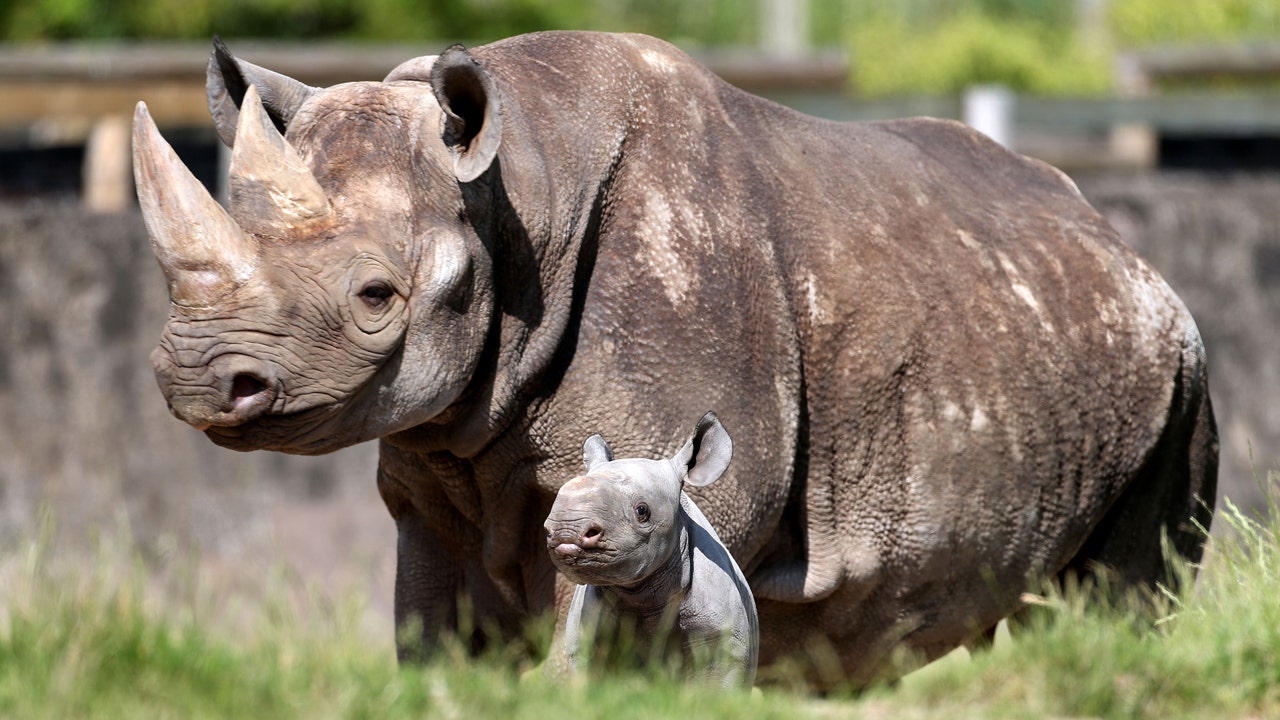World
Gaza death toll surpasses 20,000 as UN Security Council delays vote on aid

At least 20,000 people have been killed in the Gaza Strip since Israel began bombarding the enclave more than 10 weeks ago, according to Palestinian officials.
At least 8,000 children and 6,200 women are among those killed, Gaza’s Government Media Office said on Wednesday.
The grim milestone was passed as the United Nations Security Council postponed a key vote on a bid to boost humanitarian aid for Gaza for the third time to avoid a veto from the United States, which traditionally shields its ally Israel from UN action.
Since a seven-day truce collapsed on December 1, the war has entered a more intensive phase with ground combat previously confined to the northern half of the territory now spread across its length.
When asked about the ever-growing casualty count, US Secretary of State Antony Blinken said it is “clear that the conflict will move and needs to move to a lower intensity phase”.
“We expect to see and want to see a shift to more targeted [Israeli] operations with a smaller number of forces that’s really focused in on dealing with the leadership of Hamas, the tunnel network and a few other critical things,” he said. “And as that happens, I think you’ll see as well the harm done to civilians also decrease significantly.”
Air strikes continued across Gaza on Wednesday with at least 46 people killed and dozens wounded in Israeli attacks on the Jabalia refugee camp in northern Gaza, according to the enclave’s Ministry of Health.
In Rafah in the southern Gaza Strip, where hundreds of thousand of people have been pushed since early December by Israel’s continued onslaught, air strikes hit a building near a hospital close to an Al Jazeera crew reporting live on air, killing at least 10 people.
“More air strikes are conducted, more victims fall due to the expansion of the Israeli military operations in the areas that are supposed to be safe zones where the majority of Gazans have been urged to flee,” Al Jazeera’s Tareq Abu Azzoum said in reporting from Rafah.
“The air strike took place in an area considered to be very densely populated, and it’s a miracle that no more than this number of people were killed,” he added.
Key Security Council vote postponed
The UN Security Council vote on a bid to boost aid to the Gaza Strip and ask the UN to monitor humanitarian aid deliveries there has been delayed at the request of the US, diplomats said.
According to the United Arab Emirates envoy to the UN, Lana Nusseibeh, the vote will take place on Thursday.
“Everyone wants to see a resolution that has impact and is implementable on the ground, and there are some discussions going on on how to make that possible,” Nusseibeh, whose country drafted the resolution, told reporters in New York.
The text aims to dilute Israel’s control over all humanitarian aid deliveries to the 2.3 million people of Gaza. The initial text has been reportedly modified to soften calls to end the fighting in Gaza to avoid yet another veto from the US.
“We want to make sure that the resolution … doesn’t do anything that could actually hurt the delivery of humanitarian assistance, make it more complicated. That’s what we’re focused on,” Blinken told reporters on Wednesday. “I hope we can get to a good place.”
Currently, Israel monitors the limited humanitarian aid and fuel deliveries to Gaza via the Rafah crossing from Egypt and the Israel-controlled Karem Abu Salem crossing, known as Kerem Shalom in Hebrew.
On Wednesday, the first aid convoy entered Gaza directly from Jordan with 750 metric tonnes of food. The World Food Programme said half of Gaza’s population is starving and only 10 percent of the food required has entered Gaza since the war began on October 7.
The US and Israel oppose a ceasefire, believing it would benefit only Hamas. Washington instead supports pauses in fighting to protect civilians and allow the release of captives taken by Hamas.
Hamas leader in rare visit to Egypt
Separately on Wednesday, Hamas leader Ismail Haniyeh paid his first visit to Egypt for more than a month in a rare personal intervention in diplomacy amid hopes that the Palestinian group and Israel could agree terms for another truce.
Haniyeh arrived in the Egyptian capital to meet with Cairo’s spy chief and other Egyptian officials who are acting as key mediators. Meanwhile, Israeli officials have indicated in talks with US and Qatari representatives that they could be open to a truce.
The Hamas leader last travelled to Egypt in early November before the announcement of the only pause in the fighting so far, a weeklong truce that saw the release of about 110 of 240 captives taken by Hamas into Gaza on October 7.
The Palestinian Islamic Jihad, a smaller armed group that is also holding captives in Gaza, said its leader would also visit Egypt in the coming days to discuss a possible end to the war.
A source briefed on the negotiations said envoys were discussing which of the captives still held by Palestinian groups could be freed in a new truce and what prisoners Israel might release in return, the Reuters news agency reported.
But there remains a huge gulf between the two sides’ publicly stated positions on any halt to the fighting. Hamas rejects any further temporary pause and says it will discuss only a permanent ceasefire. Israel has ruled that out and says it will agree only limited humanitarian pauses until Hamas is defeated.
US President Joe Biden said he did not expect an Israel-Hamas deal for the release of captives held in Gaza to be struck soon.
“We’re pushing,” Biden told reporters during a trip to Milwaukee, Wisconsin.

World
Serbian parliamentary minnow pushes for 'Russian law' equivalent

The proposed anti-foreign NGO law could bring more attention to the left-wing nationalist Movement of Socialists party, which currently has just two MPs in the 250-seat National Assembly.
Serbia’s Movement of Socialists party has announced it will draft a bill aiming to restrict the activities of foreign non-governmental organisations operating in the Balkan country.
The draft closely resembles the highly controversial law on foreign agents that is expected to be implemented in Georgia soon.
Defending the draft law, Movement of Socialists MP Bojan Torbica said, “Betraying one’s own country and people can no longer be a highly profitable activity.”
The proposed anti-foreign NGO law could bring more attention to the left-wing nationalist party, which currently has just two MPs in the 250-seat National Assembly.
“I really believe that it is a threat to the Republic of Serbia if there are NGOs that are donated from abroad and work here to propagate Kosovo as an independent state, to propagate the genocide in Srebrenica and the destruction of Republika Srpska,” said Đorđe Komlenski, parliamentary leader of the Movement of Socialists.
The three issues — two of which pertain to neighbouring Bosnia and Herzegovina — have been prominent talking points of nationalist politicians in Serbia ever since the disintegration of the former Yugoslavia and a series of bloody wars in the region in the 1990s.
While it is unclear whether Komlenski and Torbica alone can gather enough support to advance the law past the draft stage, civil society actors, such as the Youth Initiative for Human Rights, are concerned that the bill will impact Serbian society’s future.
Marko Milosavljević from Youth Initiative for Human Rights sees the move as a means of intimidating civil society and independent media.
“Through these announcements, we actually see the ban on the advocacy of certain democratic principles is kind of desireable,” Milosavljević said.
Serbian voters will go to the polls on 2 June to participate in a rerun of last year’s local election in 66 electoral units, including the capital, Belgrade.
The EU recently criticised Serbia, a candidate for EU membership, for not conducting free and fair elections, citing allegations of voter fraud.
World
Primo Cancelled at Freevee After ‘Short but Beautiful Run,’ Says Creator

ad
World
Russian physicist accused of treason sentenced to 14 years in prison

- Anatoly Maslov, a Russian physicist, has been sentenced to 14 years in prison for his alleged involvement in researching super-high flight speeds.
- This is the most recent in a series of treason cases that Russia has pursued against scientists researching super-high flight speeds.
- Maslov was a top scientist at the Khristianovich Institute of Theoretical and Applied Mechanics in the Siberian city of Novosibirsk.
Russia has brought a string of treason cases against scientists researching super-high flight speeds, an area that underpins its development of hypersonic missiles.
In the latest, physicist Anatoly Maslov was sentenced to 14 years on Tuesday.
President Vladimir Putin has boasted of Russia’s prowess in hypersonic missiles and Moscow has acknowledged using them in the Ukraine war.
RUSSIA’S MILITARY CLAIMS TO HAVE SHOT DOWN 10 U.S.-SUPPLIED MISSILES OVER CRIMEA AS BLINKEN VISITS UKRAINE
Here is a summary of the cases it has launched against scientists working in this sensitive field.
Russian physicist Anatoly Maslov, who was arrested in 2022 and accused of state treason, stands behind a glass wall of an enclosure for defendants before a court hearing in Saint Petersburg, Russia, on May 21, 2024. (REUTERS/Anton Vaganov)
ANATOLY MASLOV, ALEXANDER SHIPLYUK AND VALERY ZVEGINTSEV
All three were top scientists at the Khristianovich Institute of Theoretical and Applied Mechanics (ITAM) in the Siberian city of Novosibirsk. Maslov and Shiplyuk were arrested in 2022, and Zvegintsev the following year. In a rare open letter a year ago, colleagues said the three men were innocent and the cases against them were damaging Russian science. Details of the charges are secret, but two people familiar with Shiplyuk’s case have told Reuters he is accused of betraying secrets to China by handing over classified material at a conference there in 2017.
VLADISLAV GALKIN
Galkin worked at another Siberian university and had co-authored papers with Zvegintsev and Shiplyuk. His arrest was reported in December 2023, but BBC Russian said he was actually detained in April of that year. It quoted his wife as saying she had told their grandchildren he was on a business trip.
ALEXANDER KURANOV
Kuranov was handed a seven-year jail sentence for treason last month, after being accused of passing state secrets to foreign nationals. Maslov’s lawyer, without naming Kuranov, said the case against Maslov had been based on testimony against him from another person who got a seven-year term. At the time of his arrest in 2021, Kuranov was the general director of the St Petersburg-based Hypersonic Systems Research Facility, where he oversaw work on a new version of a Soviet-era hypersonic aircraft dubbed Ayaks.
ANATOLY GUBANOV AND VALERY GOLUBKIN
Both worked at TsAGI, the Central Aerohydrodynamic Institute based in Zhukovsky, near Moscow, where Gubanov was Golubkin’s boss.
Gubanov, arrested in December 2020, had been working on an international project called HEXAFLY-INT to develop a hypersonic civil aircraft powered by hydrogen fuel. In October 2023 he was found guilty of handing over state secrets and sentenced to 12 years.
Golubkin, arrested in April 2021, was jailed for 12 years in June 2023 after being found guilty of passing secrets to a NATO member state. However, the verdict was annulled last month and a new trial ordered.
VIKTOR KUDRYAVTSEV, ROMAN KOVALYOV AND VLADIMIR LAPYGIN
All three worked at TsNIIMash, a rocket and spacecraft center near Moscow which is a scientific subsidiary of space agency Roscosmos. Kudryavtsev was arrested on a treason charge in 2018, suspected of transferring secret information to a Belgian institute. He died of lung cancer in 2021, before the case came to trial.
Kovalyov, who worked with Kudryavtsev at TsNIIMash, was sentenced to seven years for treason in June 2020. He died of cancer in 2022.
Lapygin was convicted of treason in 2016 and sentenced to seven years, but was freed early in 2020.
-

 News1 week ago
News1 week agoSkeletal remains found almost 40 years ago identified as woman who disappeared in 1968
-

 World1 week ago
World1 week agoIndia Lok Sabha election 2024 Phase 4: Who votes and what’s at stake?
-

 World1 week ago
World1 week agoUkraine’s military chief admits ‘difficult situation’ in Kharkiv region
-

 Movie Reviews1 week ago
Movie Reviews1 week agoAavesham Movie Review
-

 News1 week ago
News1 week agoTrump, Reciting Songs And Praising Cannibals, Draws Yawns And Raises Eyebrows
-

 World1 week ago
World1 week agoCatalans vote in crucial regional election for the separatist movement
-

 Movie Reviews1 week ago
Movie Reviews1 week agoUnfrosted Movie Review: A sweet origins film which borders on the saccharine
-

 Politics1 week ago
Politics1 week agoNorth Dakota gov, former presidential candidate Doug Burgum front and center at Trump New Jersey rally



















